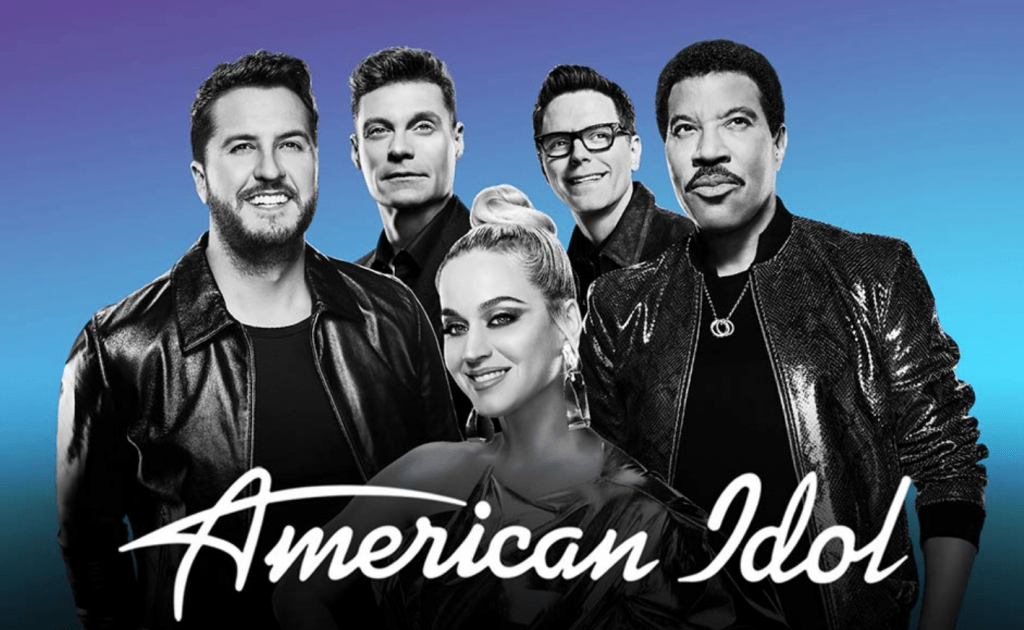Netflix’s Upcoming Original Television Show “1899”: Netflix’s Upcoming Original Television Show “1899”The new drama from the creators of “Dark” is a sizable puzzle with an unexpected mixture of new and old components. An overview of the “1899’s” plot would be like describing what a glob of paint looks like when it’s millimetres from your face.
It is difficult to argue for something in an exhibit without seeing it in its whole. You can explain the colour, the texture, and perhaps even something about the way the light hits it as part of a portrait.
In other words, “1899” is a tale on the Kerberos, a ship cruising the Atlantic in the final year of the 19th century. I could discuss Maura, the exiled doctor escaping the demons of her past (Emily Beecham).
I could argue that the captain of the Kerberos, Eyk (Andreas Pietschmann), and many other passengers, from plush suites to the cargo hold, are all acting in unison.
Read More:
- Bradley Cooper To Star In Steven Spielberg’s Bullitt Movie
- Adele Launches Las Vegas Residency, Thanks Fans For ‘Coming Back To Me
However, “1899” is organized in a way by its authors, Jantje Friese and Baran bo Odar which makes the series more of an experience, making such facts less significant on their own. “1899,” like their earlier program “Dark,” virtually solely deals in grandiose ideals.
More than a name on a list, every person on the Kerberos is a potential. Watching each new episode flip a new card and see what precise type of drama is waiting on the other side is one of the show’s appeals.
A glance at “1899” will reveal to anyone observing that all of these motorcyclists are running away from something. Although “1899” isn’t a true anthology, it is similar to many twisting dramas that came before it. Each episode is focused initially on a single character and the circumstances that brought them to the Kerberos.
If you loved #Lost, #Dark & like weirdo mysteries, then head over to @netflix today for #1899. Featuring a terrific ensemble, incredible production design & the most mystery of mystery box concepts, I loved the ride. My @IGN review (no spoilers):https://t.co/Y1lsRYIrDC
— Tara Bennett (@TaraDBennett) November 17, 2022
They are all characterized by a single terrible experience both on the program and in the audience’s eyes. “1899” maintains the secret for as long as it can what all those earlier episodes have to do with the reality of another vanished ship that set sail for America months before the Kerberos.
On a symbolic and practical level, this ship is a miniature representation of the entire continent. In their television work, Friese and Bo Adar follow this path. Is it a bit frustrating how confusing “1899” might sometimes get? Nearly likely.
Does the program ever reduce philosophical ideas and notions to their most basic forms even when it is aiming for something more profound? almost certainly However, no one else creates television in the same way as these group of narrative magicians who use their flourishes and misdirections to benefit the whole rather than the individual components.
1899: the creators of Dark deliver another mind-bending mystery series, where nothing is ever what it seems. Which is kind of a shame, as the initial cruise ship setting is ripe with intrigue.
https://t.co/0OkPz9v0Zp via @scmpnews— James Marsh (@Marshy00) November 18, 2022
The history of a single German village was spun into a struggle for creation and fate in “Dark,” which was painted on a cosmic canvas. This sense of scope is more visceral in “1899,” beginning with the wide-angle images of the Kerberos on the open sea.
The logistics of the ship also reflect that magnitude, particularly when more than just waves begin to upend everything inside. There is a distinct layout to the ship’s own physical hierarchy as the show moves from the bridge to the deck to the hull to the boiler chamber, one that appears destined to fall even before we see everyone’s situations start to level out.
“1899” isn’t coy in using the story’s DNA for its own purposes. There will always be comparisons when a show about lonely strangers is built on flashbacks and returns to the present through someone’s awakening.
There are still indications that this is a program leveraging those well-known concepts for a fresh conclusion. Its worldwide ensemble, which includes Isabella Wei, José Pimento, Yann Gael, Maciej Musial, Clara Rosager, and a plethora of others, is one of the most notable of them.
for my fellow fans of Spooky Historical Ship Media… i wanted to like this new netflix show 1899, but i’m sad to report it’s just not very good: https://t.co/Le8ulOov7S
— Gavia Baker-Whitelaw (@Hello_Tailor) November 17, 2022
These passengers are regularly grouped together in “1899,” forcing them to interact beyond their mismatched languages. The strongest performances here—by both the aforementioned actors and the young upstart Fflyn Edwards—draw on a more primitive method of conveying the sorrow and regret that drag this ship down.
These distinct stories no longer feel like modular parts as they begin to collide. Friese and the writing staff grab on the notion that these people are fleeing from who they are and what their other passengers believe they are, either in spite of being on board a ship in the middle of the ocean (or perhaps because of it).

Bo Adar exemplifies this adaptability on a visual level by showing how fundamentally unlike the various regions of the ship are, in addition to traveling between the past and present. And whileKerberos’he historical setting and some of the”Kerb”ros’ secrets call for some VFX trickery, “1899” nevertheless has a lot of haptic elements.
The output from a telegraph machine, the coal in the boiler room, and the coordinated motions of a large portion of the staff all contribute in their own special ways to making sure that this is more than simply a playground for digital fantasies.
This discussKerberos’es a lot on the forces that cross the Ke”beros” “ath “s well as what lurks there. Like “Dark,” “1899” undoubtedly gains strength from its own revelations.
There is at least a method to the lunacy surrounding the haunted ship, regardless of whether suppress”ng im”ortant facts is something that benefits “1899.” Being as lost and confused as the characters enacting the story in front of you is beneficial in many ways.
“1899” is now streaming on #Netflix! A fantastic #collaboration in cutting-edge virtual production that our #ARRISolutions team was very proud to be part of. Can’t wait to watch! @1899Netflix #virtualproduction #filmmaking #ledvolume #tvproduction #arri https://t.co/VRJfWx1Kf4
— ARRI (@ARRIChannel) November 17, 2022
Making use of the sa”e co”cepts of perception, reality, and trust, “Dark” became a modern TV classic (and easily one of the best shows in the entire Netf”ix c”talogue).
The qualification “1899’s”that “Dark” performed best as a whole. “1899’s” presumable multi-season storyline, which stishow’sls purposefully incomplete, is where the show’s1’sue value lies.
The eight episodes of Season 1’s first season are intentionally vague, setting up the pieces before revealing the room, table, and board on which they are placed. This put” Sea”on 1 in a prologue-like mode. Therefore, “1899” is long on concepts but short on solutions, creating a situation in which success or failure is entirely dependent on who sets sail.




